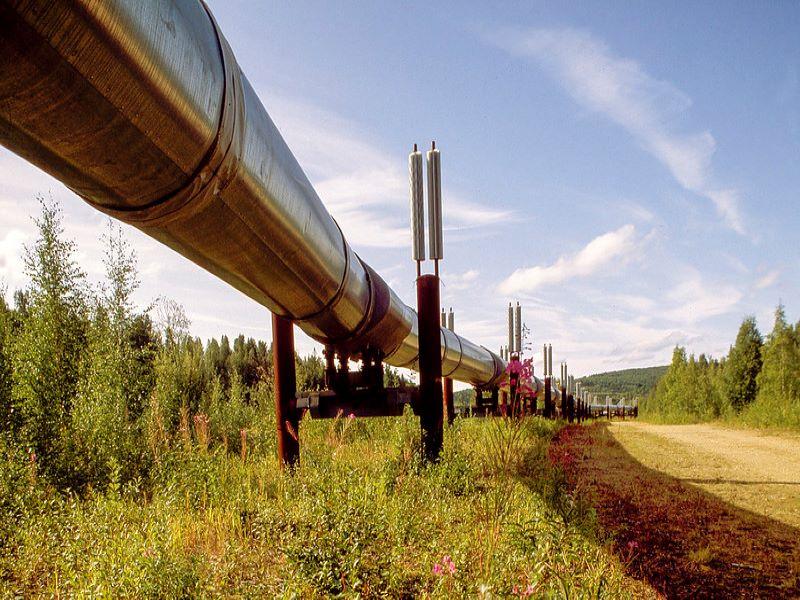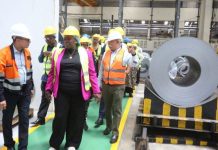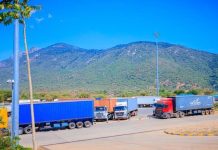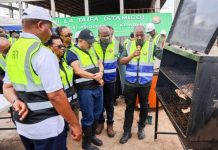Africa-Press – Tanzania. SOME local contractors have reminded main actors of the East African Crude Oil Pipeline (EACOP) to ensure that purely indigenous companies are subcontracted in implementation of this mega project as per the country’s regulations on local content.
They made their call yesterday after the government signed an agreement, over fortnight ago, to host the East African Crude Oil Pipeline with its lead investor Total.
The signing of the longawaited Host Government Agreement (HGA) in Dar es Salaam last month was witnessed by President Samia Suluhu Hassan and her Ugandan counterpart Yoweri Museveni.
The Project entails the construction of a crude oil pipeline from Kabaale Uganda to the Marine Terminal in Chongoleani peninsula, Tanga region in Tanzania, a distance of 1,445 kilometres.
One of local companies, Kasi Mpya Construction and Egineering Company, told stated local contractors have capacities and technology to perform subcontracting in the EACOP project, calling for adherence to the local content law guiding the petroleum sub-sector.
“We emphasize that the subcontracts be offered to purely Tanzanian companies that have been registered by the Energy and Water Utilities Regulatory Authority (EWURA),” Mr Mohammed Mutabazi, company’s Secretary, said.
He added: “We have past experiences that big foreign companies when come here tend to collude with some dishonest Tanzanians to form small companies to perform subcontracting works, and in the end the money doesn’t remain in Tanzania because those foreigners become main shareholders of those formed small companies under the shadow of ‘local companies’ while not true.”
He advised that tenders for subcontracting works should follow proper procedures and genuine local companies must compete.
The EACOP project is structured such that it will issue a number of Tier 1 Contracts to carry out the engineering, procurement, manufacturing, logistics, construction and testing of the pipeline and pipeline facilities.
Tier 1 contractors are companies that use a range of different operating models to deliver large infrastructure projects and programmes, in part to be able to respond effectively to different client requirements.
This includes choosing between directly employing project staff, sub- contracting work or a combination of the two. Furthermore, the Tier 1 Contractors will require common sub-contracted services and goods from multiple Tier 2 Tanzanian Companies and Tanzanian Citizens.
Therefore, stakeholders argued that in order for Tanzania to reap the maximum economic benefit. Tier 1 contracts should be awarded to companies with the highest local content tender bid proposal.
They asked the Total, which is custodian of the EACOP, to ensure that it award tier-1 contracts only to international service companies with the highest local content tender proposal and evidence of recent experience in technology transfer.







